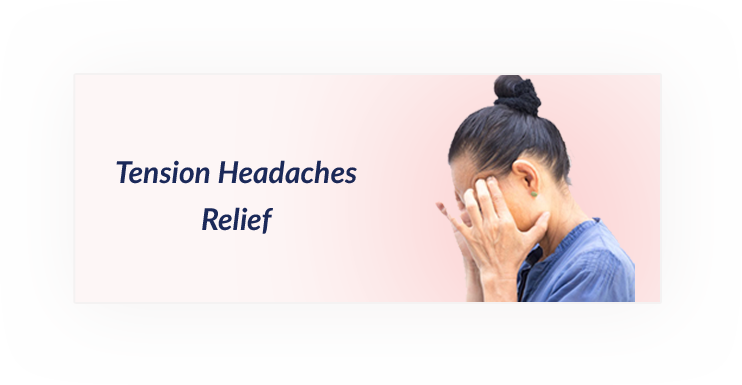Introduction
Our comprehensive neck therapy program treats patients who require neck therapy as a result of accidents, operations, chronic pain or patients who seek highly-specific neck sports injury therapy..
Symptoms
Neck Pain can often be associated with neck stiffness, pins and needles in the arm, shoulder stiffness and related pain in the shoulder blade, head, arm, wrist and hand. It can be caused by a
- Sprained ligament,
- Pressure on a disc or
- A muscle strain or spasm.
- Neck pain can also be a result of poor postural habits at work, whiplash injury.
- Strains while playing sports or stress related incidents in one’s life.
Osteoarthritis, which causes narrowing of the space between vertebrae and the growth of bone spurs on vertebrae as a result of increased pressure, can cause pain in the neck or arm if the nerve has been compressed.








